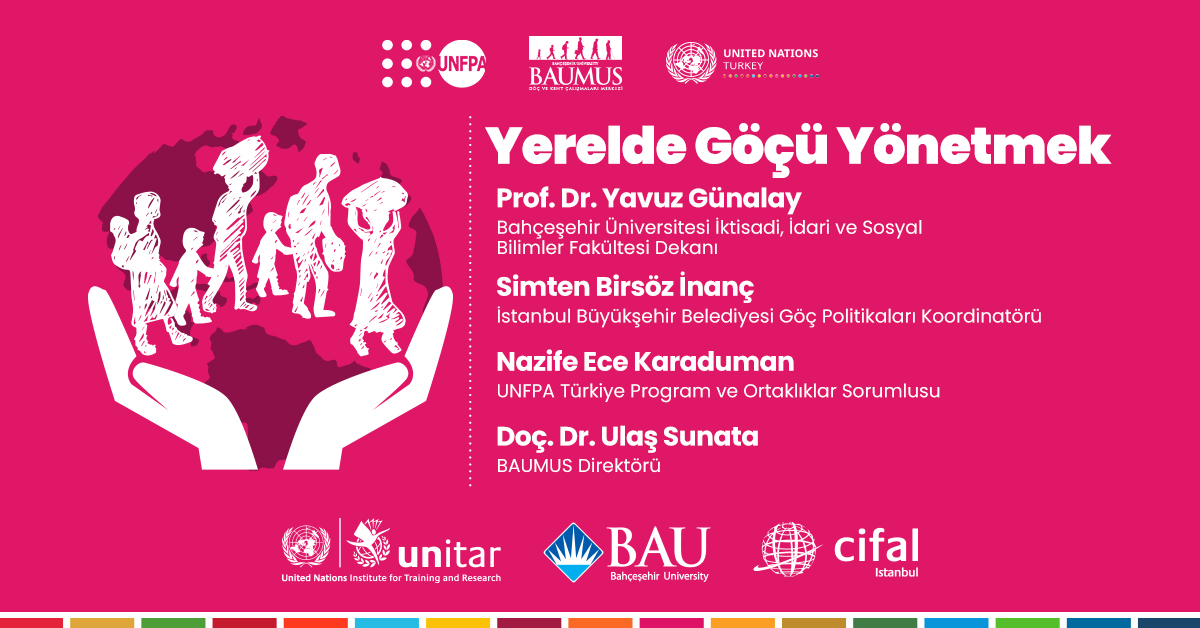The United Nations defines refugee as “persons who are outside their country of origin for reasons of feared persecution, conflict, generalized violence, or other circumstances that have seriously disturbed public order and, as a result, require international protection”. According to UNHCR data, there are approximately 26.3 million refugees worldwide as of 2020.[1] Following these shared data, the importance of thinking about migration management at the international, national, and local level come forth once again. On the other hand, World Refugee Day has been celebrated on June 20th since 2001 in order to raise social awareness regarding the problems that refugees face. Celebrating World Refugee Day also provides an opportunity to evaluate policies and practices regarding migration management and creates an opportunity for remedial proposals to be presented. Turkey, hosting the highest number of refugees in the world as of 2015, still ranks first according to the latest data[2]. It is of great importance for Turkey and its surroundings to manage the migration flow in a healthy way, to ensure integration and to prevent violations of rights. In this context, it is essential to focus not only on the implementation of national migration policies, but also on the active roles of local governments and non-governmental organizations with high access to the field in migration management. Local administrations and civil society are the main actors in migration management, both completing the shortcomings of integration policies and intermediating in the functioning of the implementations, as well as designing new projects by determining the needs. On that note, the event “Yerelde Göçü Yönetmek” aiming to assess the current situation and at the same time creating viable suggestions for the future, was held on Sunday June 20 as part of the 2021 World Refugee Day. This event was coordinated by the United Nations Population Fund (UNFPA), Bahçeşehir University Center for Migration and Urban Studies (BAUMUS) and The International Training Center for Managers and Leaders affiliated with United Nations Institute for Training and Research (UNITAR). Bringing together people who are actively involved in local governments and non-governmental organizations, the event aimed to analyze migration management by making use of the guests' field experience. The event was organized with the participation of Bahçeşehir University Faculty of Economics, Administrative and Social Sciences Dean Prof. Dr. Yavuz Günalay, Istanbul Metropolitan Municipality Migration Policy Coordinator Simten Birsöz İnanç, UNFPA Turkey Program and Partnerships Officer Nazife Ece Karaduman and Bahçeşehir University BAUMUS Director Assoc. Prof. Ulaş Sunata.

[1] UNHCR. (2020). “Refugee Data Finder”. Erişim adresi: https://www.unhcr.org/refugee-statistics/ (Erişim tarihi: 11 Haziran 2021)
[2] OM. (2019). World Migration Report 2020: Migration and Migrants: A Global Overview. IOM Publications. https://publications.iom.int/books/world-migration-report-2020-chapter-2